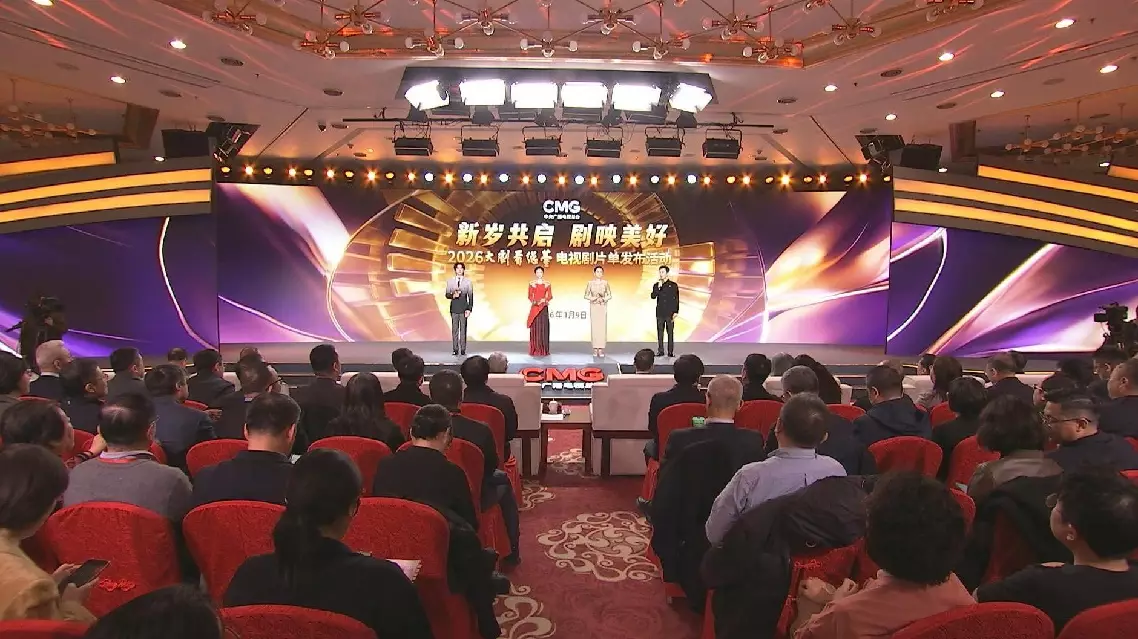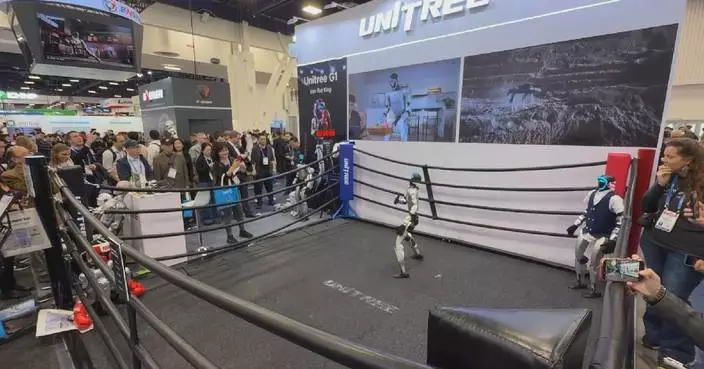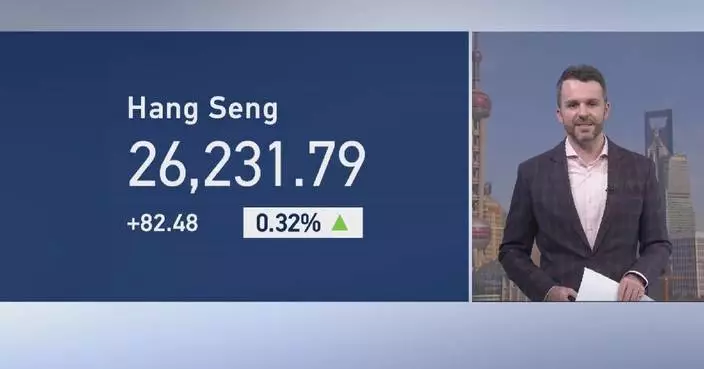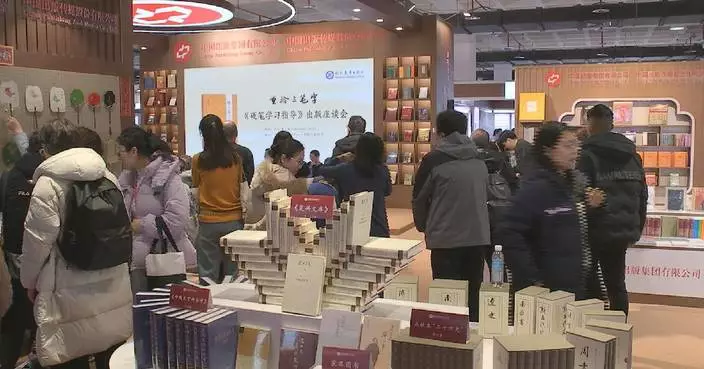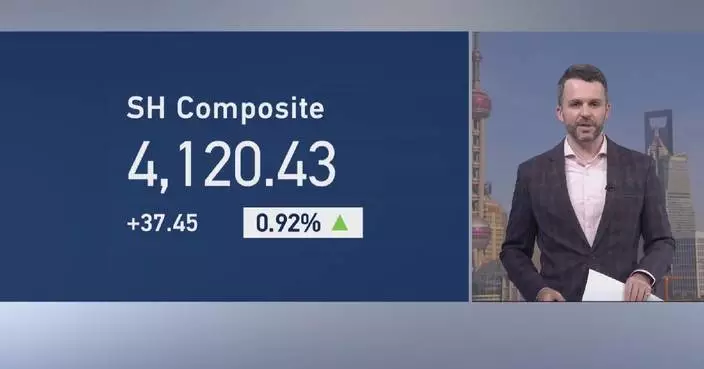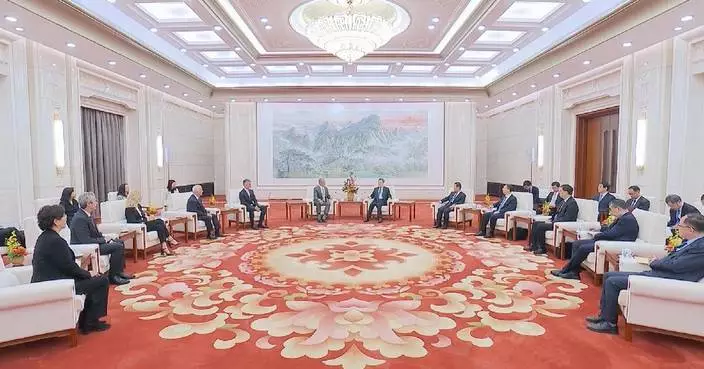Wutip, the first typhoon of the year in China’s coastal waters, is forecast to make landfall between Lingshui and Ledong on south China's Hainan Island between early morning and noon on Friday, the provincial meteorological bureau warned, with preparations being made across the region.
Authorities have evacuated Sanya's popular surfing spots and secured beachfront facilities, with crews trimming trees to prevent dangers from wind-blown debris.
All cargo operations at Sanya's ports have been suspended, marine construction projects have been halted and 1,205 workers have been brought back to shore from 11 offshore oil and gas platforms as a precaution.
Powerful winds on the tropical island have already downed a tree, which crashed onto a parked car in downtown Sanya on Thursday afternoon.
Local firefighters responded immediately after receiving emergency calls, successfully freeing the car and clearing debris
With Typhoon Wutip intensifying, northern coastal regions of south China's Guangxi Zhuang Autonomous Region have been placed on high alert. Beihai City activated a Level-4 emergency response for flood and typhoon prevention on Wednesday evening.
Passenger ferry services between Beihai and Weizhou Island were suspended at 11:50 on Thursday, with authorities coordinating the evacuation of remaining tourists.
"We began notifying passengers on June 11 [about the suspension]. All departures for June 12 afternoon to 14 were canceled as we implement typhoon precautions," said Li Qin, operations director of Beihai Xinyi Cruise Co., Ltd.
Guangxi maritime authorities said that by Thursday noon, all recreational vessels including yachts and sightseeing boats have returned to port. Coastal authorities have halted operations at 92 offshore projects and evacuated nearly 1,000 workers from 121 unpowered barges.
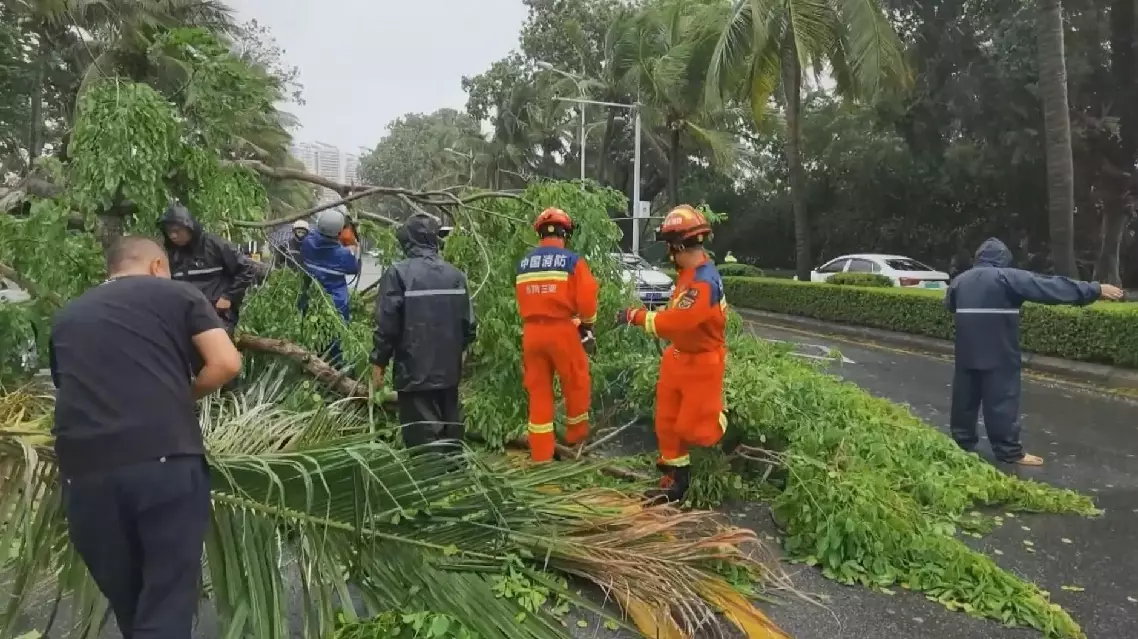
Typhoon Wutip forecast to hit Hainan on Friday: authorities


